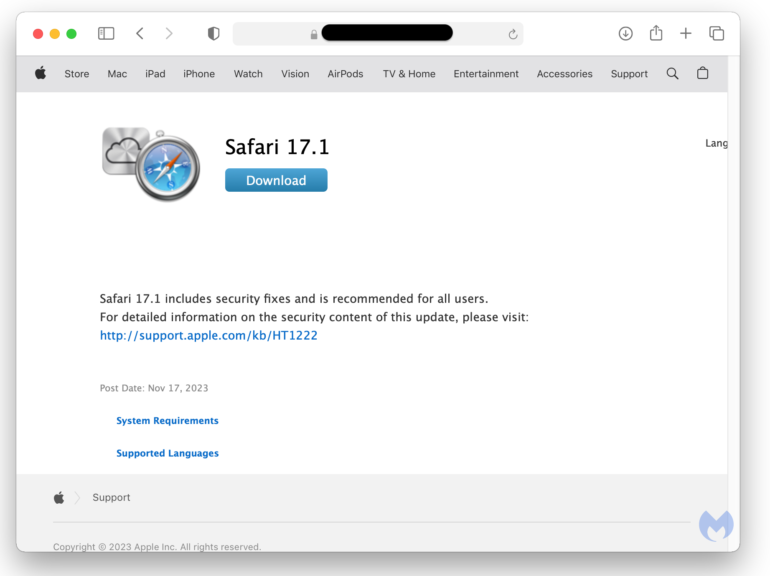UK Study: Generative AI May Increase Ransomware Threat
The U.K.’s National Cyber Security Centre has released a new study that finds generative AI may increase risks from cyber threats such as ransomware. Overall, the report found that generative AI will provide “capability uplift” to existing threats as opposed to being a source of brand new threats. Threat actors will need to be sophisticated enough to gain access to “quality training data, significant expertise (in both AI and cyber), and resources” before they can…
Read More










